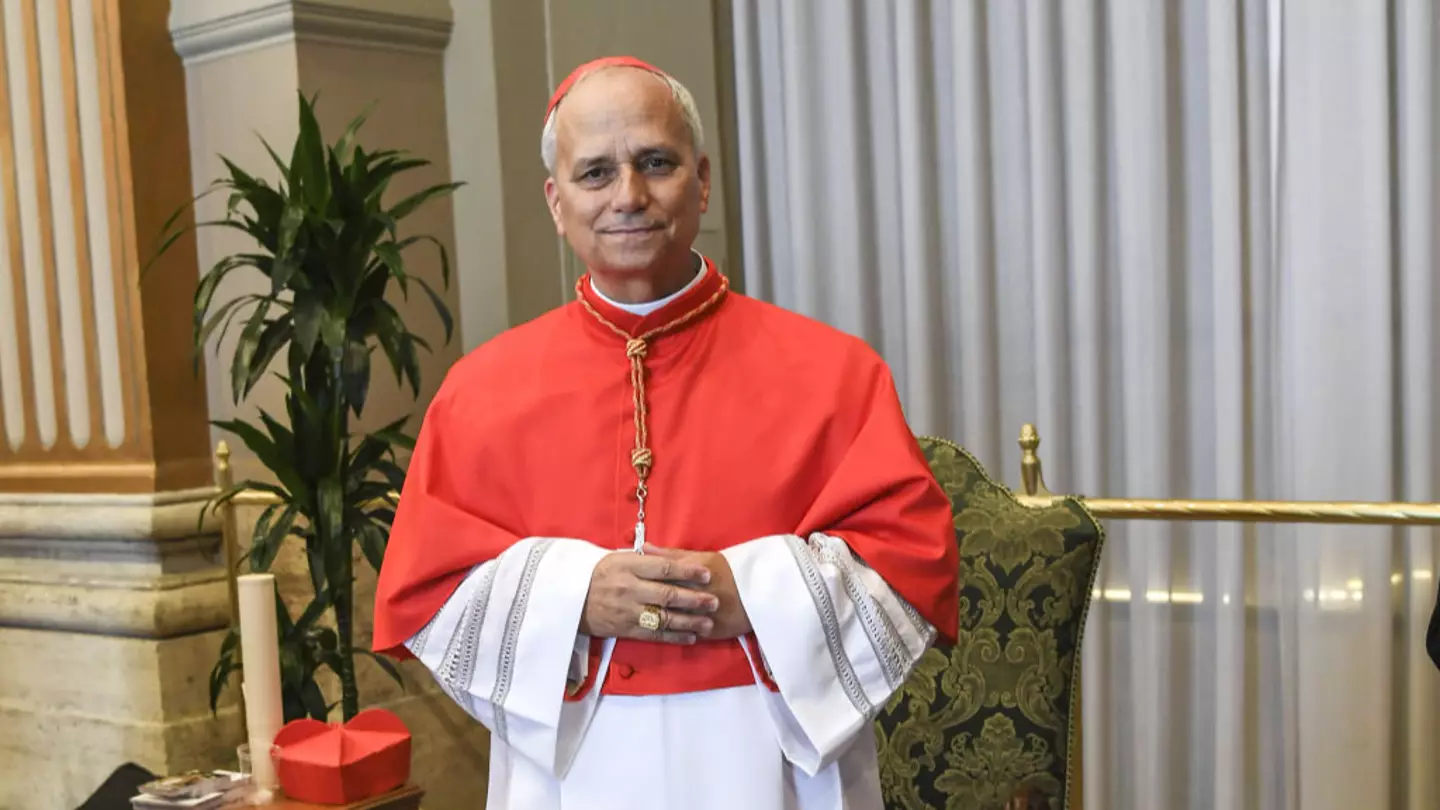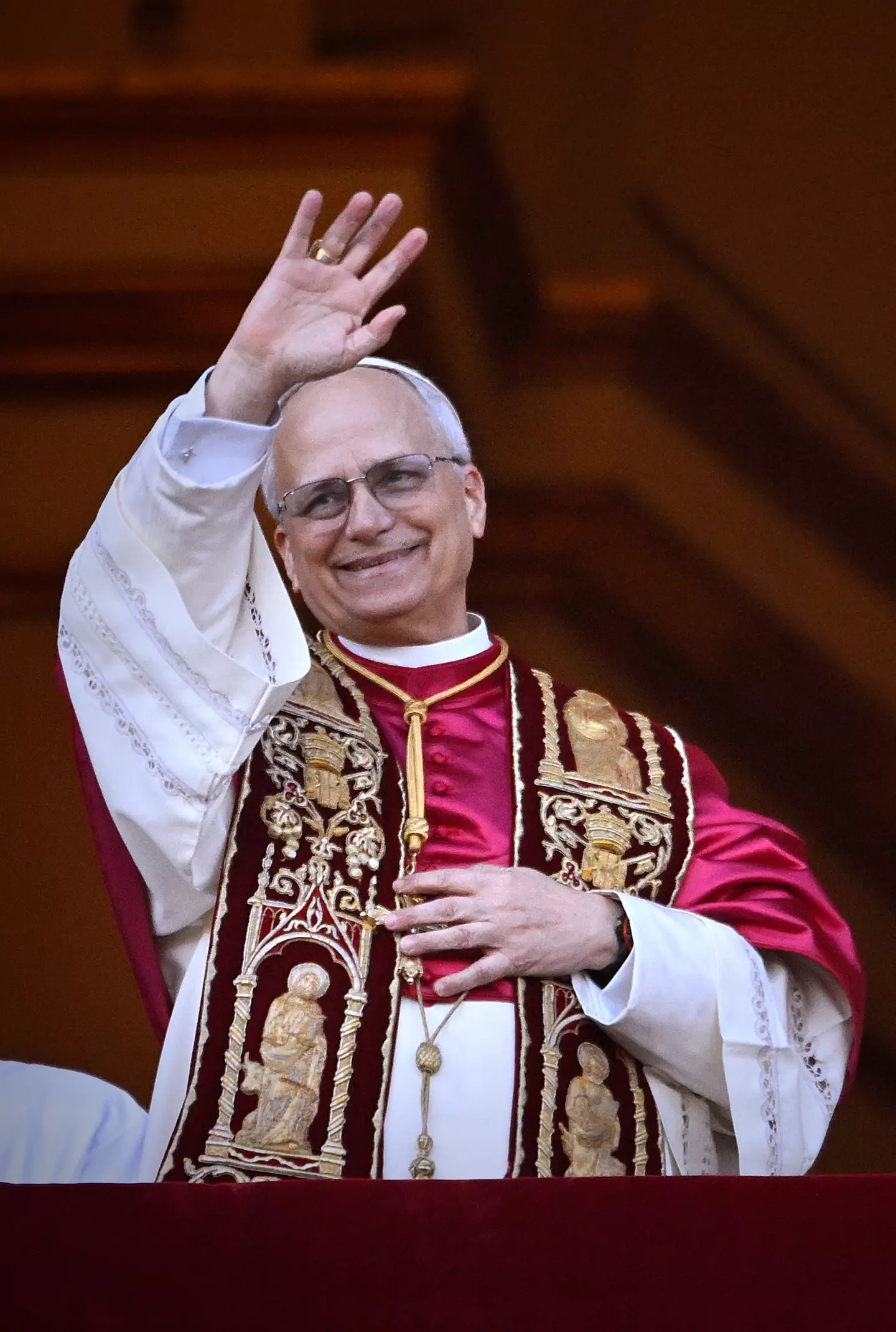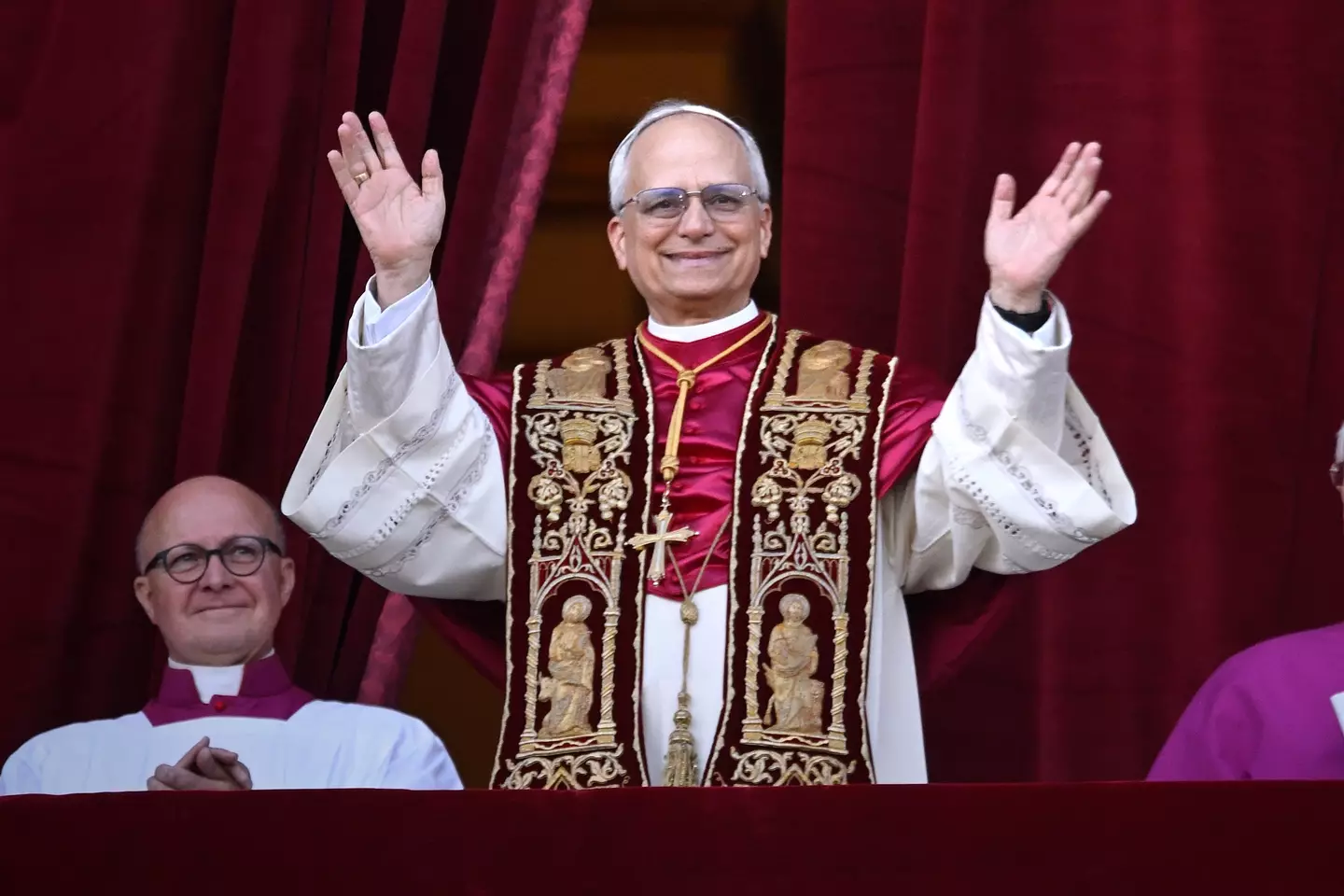
Robert Prevost changed his name overnight when he became the next Catholic church leader, but many have asked why popes maintain this tradition and the meaning behind which name they opt for.
American Robert Prevost was announced on May 8 as the next leader of the Catholic church as he replaced the late Pope Francis.
However, many people have been shocked to learn that he does not become Pope Prevost or Pope Robert, instead opting to be called Pope Leo XIV.
This has forced many to realize they did not know the birth name of Pope Francis - whose real name was Jorge Mario Bergoglio.
Advert
This has sparked questions around why those who step into the role opt to change their names in the first place.

Why do popes change their names?
While popes do not have to change their name when they step into the role this tradition has been followed by every one of the popes over the last 470 years.
Traditionally many opt to choose the name of a predecessor to honor them and signal their desire to follow their example.
This precedent was first set by the first pope, St Peter, whose birth name was Simon.
The last pope to bear the name Leo served from 1878 to 1903, this was Leo XIII, an Italian pope born Gioacchino Vincenzo Raffaele Luigi Pecci.
Changing their name also signals a second birth of sorts as they step into the prestigious role.
Leo XIV is yet to explain why he chose to become the 14th pope of that name but many have speculated about the potential reasons.

What is the significance of the name Leo?
Director of the Holy See told reporters that Pope Leo XIII was known for his encyclical ‘Rerum Novarum’, meaning ‘Of New Things,’ which is ‘considered to be the foundation for the modern social doctrine of the Church’.
Dr Gonzalo Velasco Berenguer, lecturer in global medieval and early modern history at the University of Bristol, also reflected on this choice of Leo.
Speaking to PA, he said: “I think one of the most interesting things about the election of the new Pope is his choice of name.
“At first glance it might not seem the most original choice, but it could be a symbol from the new Pope to continue the work of Francis.”
Professor Brandon Gallaher, from the University of Exeter echoed these sentiments and suggested Pope Leo will be similar to that of Francis.
He said: “The new Pope Leo XIV is a continuity candidate to institutionalize Francis’s legacy in terms of linking it to the tradition of Catholic social teaching.
“Leo XIV shares with Francis the desire to put the peripheries in the center and care for migrants and those who are marginalized.
“He will be a Francis-like pontiff without the intense charisma of the late pope and with a better ability to unite the Catholic factions and greater attention to the canonical details of his decisions and likely greater discipline in terms of public statements.”
Topics: Pope Leo, News, World News, Religion